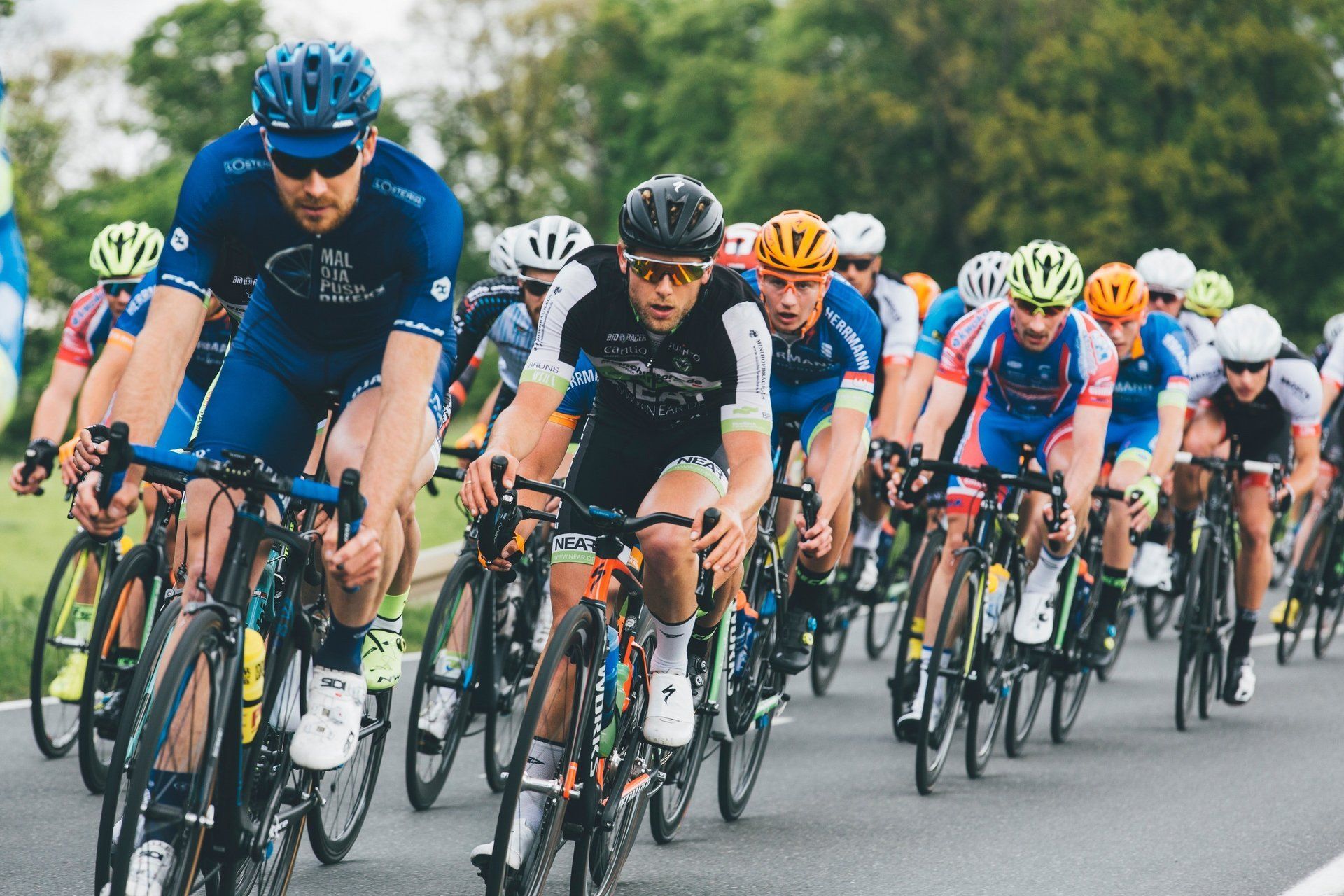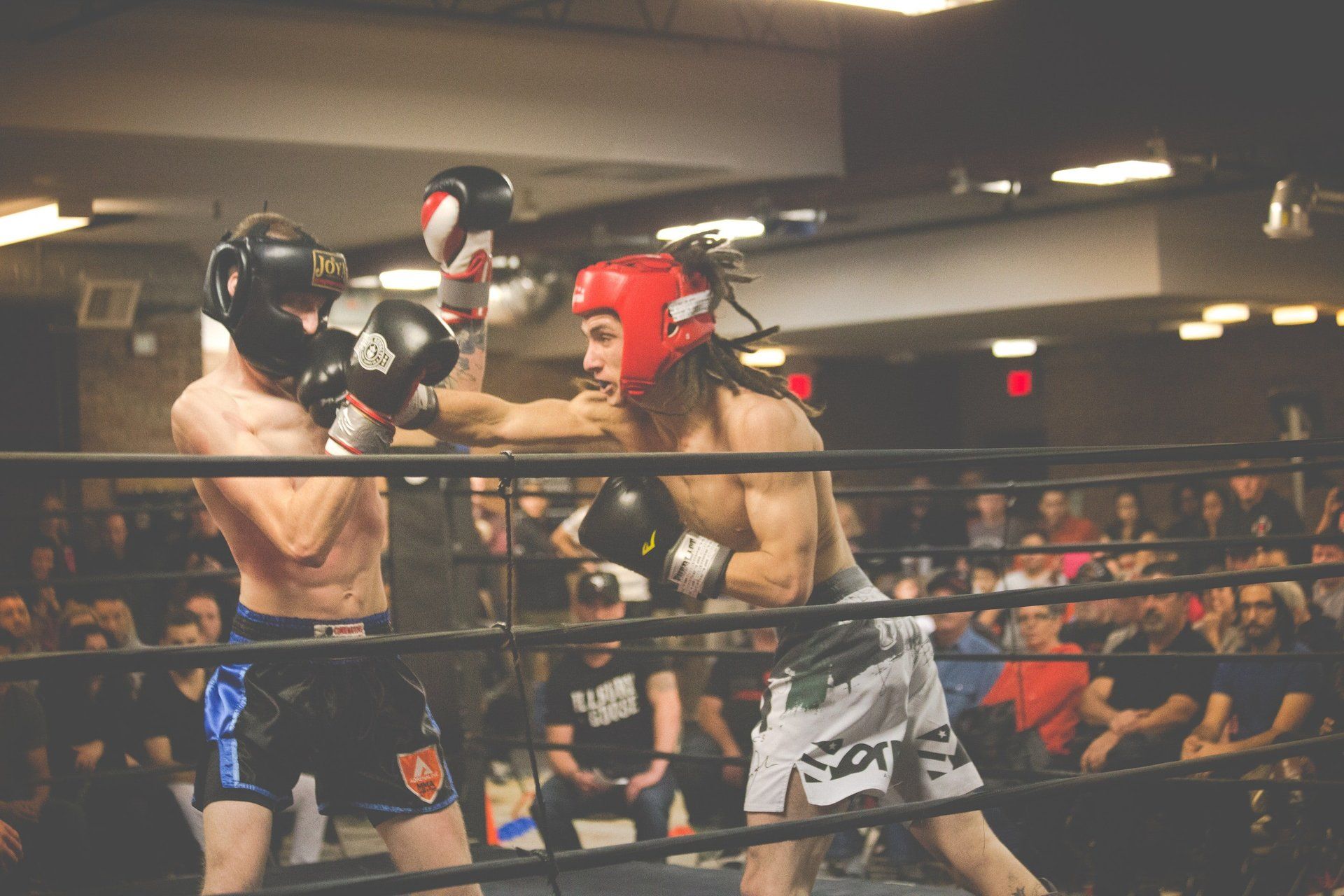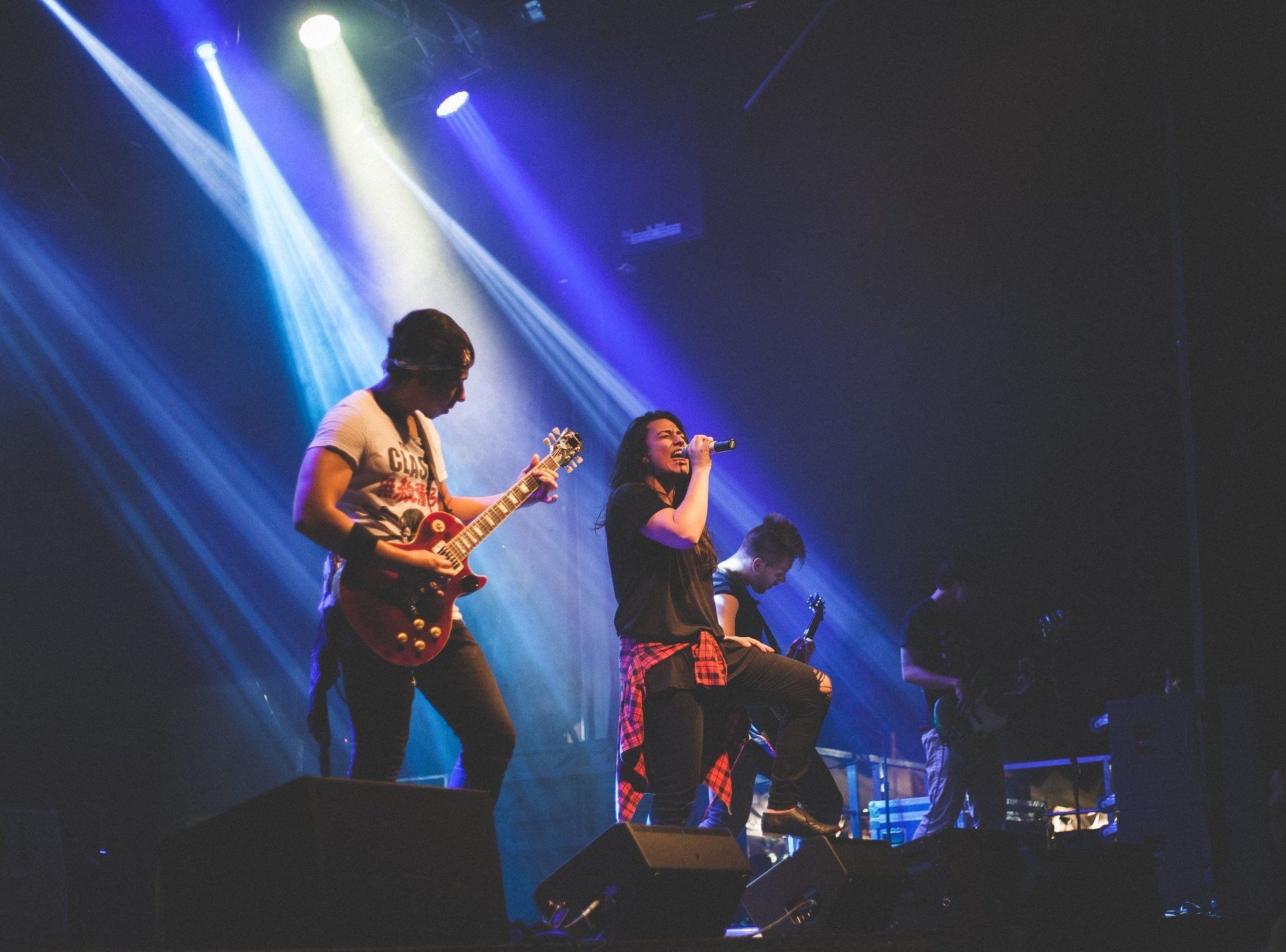P-1 Visa for Athletes and Entertainers
P-1 Visa for Athletes and Entertainers
The P-1 visa applies foreign people that are coming to the United States temporarily to perform as a member of an entertainment group that has been recognized internationally as outstanding in the discipline for a sustained and substantial period of time.
The P-1 visa applies foreign people that are coming to the United States temporarily to perform as a member of an entertainment group that has been recognized internationally as outstanding in the discipline for a sustained and substantial period of time.
Qualification
Qualification
The P-1 visa applies to you if you are coming temporarily to the United States solely for the purpose of performing at a specific athletic competition as:
- An individual athlete at an internationally recognized level of performance;
- Part of a group or team at an internationally recognized level of performance;
- A professional athlete; or an athlete or coach, as part of a team or franchise that is located in the United States and a member of a foreign league or association.
Internationally Recognized Individual Athletes
You must be coming to the United States to participate in a specific athletic competition in a sport in which you are internationally recognized. You are internationally recognized if you have a high level of achievement in a sport, demonstrated by a degree of skill and recognition substantially above that ordinarily encountered. Your achievement must be renowned, leading, or well-known in more than one country. The competition(s) you wish to participate in must have a distinguished reputation and require the participation of internationally recognized athletes.
Internationally Recognized Athletic Teams
You must be coming to the United States to participate in an athletic competition with a team that, as a unit, has achieved international recognition in the sport. The competition in which your team is participating must have a distinguished reputation and require the participation of internationally recognized athletic teams.
Professional Athletes
You must be coming to the United States to be employed as an athlete by:
- A team that is a member of an association of six or more professional sports teams whose total combined revenues exceed $10 million per year. The association must govern the conduct of its members and regulate the contests and exhibitions in which its member teams regularly engage; or
- Any minor league team that is affiliated with such an association.
Amateur Athletes or Coaches
You must be coming to the United States to perform as an athlete or coach as part of a team or franchise that is located in the United States and a member of a foreign league or association. The foreign league or association must meet the following requirements:
- The league or association must consist of 15 or more amateur sports teams;
- Participation in the league must make players temporarily or permanently ineligible under National Collegiate Athletic Association rules to:
- Earn a scholarship in the sport at a U.S. college or university; or
- Participate in the sport at a U.S. college or university;
- The league or association must be the highest level of amateur performance of that sport in the relevant foreign country; and
- A significant number of the individuals who play in the league or association are drafted by a major sports league or a minor league affiliate.
Theatrical Ice Skaters
You must be coming to the United States to participate in a specific theatrical ice skating production or tour as a professional or amateur athlete who performs individually or as part of a group.
Source: uscis.gov
Our immigration attorneys have extensive experience in immigration law and can guarantee you competent and effective legal representation in pursuing your lawful Non-Immigrant Visa. Schedule an appointment online (in person or phone call consultations) to learn more about how you can acquire your Non-Immigrant Visa and work in the United States.
Questions
For any further questions you can contact our office by scheduling an appointment with us.
Blog Posts
Blog Posts

If you've made it to the United States as a culinary professional—perhaps on an O-1B visa that recognizes your extraordinary talent, or a P-3 visa for sharing your rich culinary heritage—congratulations! You’ve already proven yourself as a standout in your craft. But what if we told you that your journey doesn’t have to end when your temporary visa does? In fact, your current status could be the perfect stepping stone to something much more lasting: a green card through the EB-1A category. The EB-1A visa is a first-preference employment-based immigrant visa, designed for individuals with “ extraordinary ability ” in fields such as the arts, sciences, education, business, or athletics. And yes—culinary arts absolutely count. The key is demonstrating that your skills have risen to the very top of your field. If you've already gone through the O-1 or P-3 process, you're likely well on your way . Here’s the good news: much of the evidence used to obtain your O-1B or P-3 visa can be repurposed for your EB-1A petition . Awards, press features, expert testimonials, and proof of your work in prestigious kitchens or at cultural events—they're all valuable again. But what’s even more exciting is that everything you’ve accomplished while in the U.S. on your temporary visa—whether launching a signature tasting menu, starring in a food documentary, or leading culinary workshops—can now be used to further strengthen your case. According to USCIS, EB-1A applicants must meet at least three of ten criteria unless they’ve received a major internationally recognized award. These criteria include things like published material about your work, original contributions of major significance, high salary, and a critical role in distinguished organizations. For many chefs, especially those who’ve thrived in the U.S. hospitality scene, it’s absolutely achievable with the right guidance. What sets the EB-1A apart is that it does not require an employer sponsor . That’s right—you can self-petition! This means your culinary career can be as flexible and entrepreneurial as you want it to be, whether that means opening your own restaurant, expanding into media, or continuing to cook your way into America’s heart. Even better? It can be one of the fastest paths to a green card available. With premium processing, your I-140 petition can be adjudicated within just 15 business days. And if your country’s EB-1 visa category is current on the visa bulletin at the time of approval, you may be eligible to file your green card application immediately. This combination of speed, autonomy, and flexibility makes EB-1A an incredibly attractive next step in your immigration journey. At Santos Lloyd Law Firm, we love helping creative professionals take their next big step. If you’ve already wowed the world with your cuisine, the EB-1A may be your opportunity to stay and make your mark for good. Contact us today to find out if the EB-1A is the next right step for you!
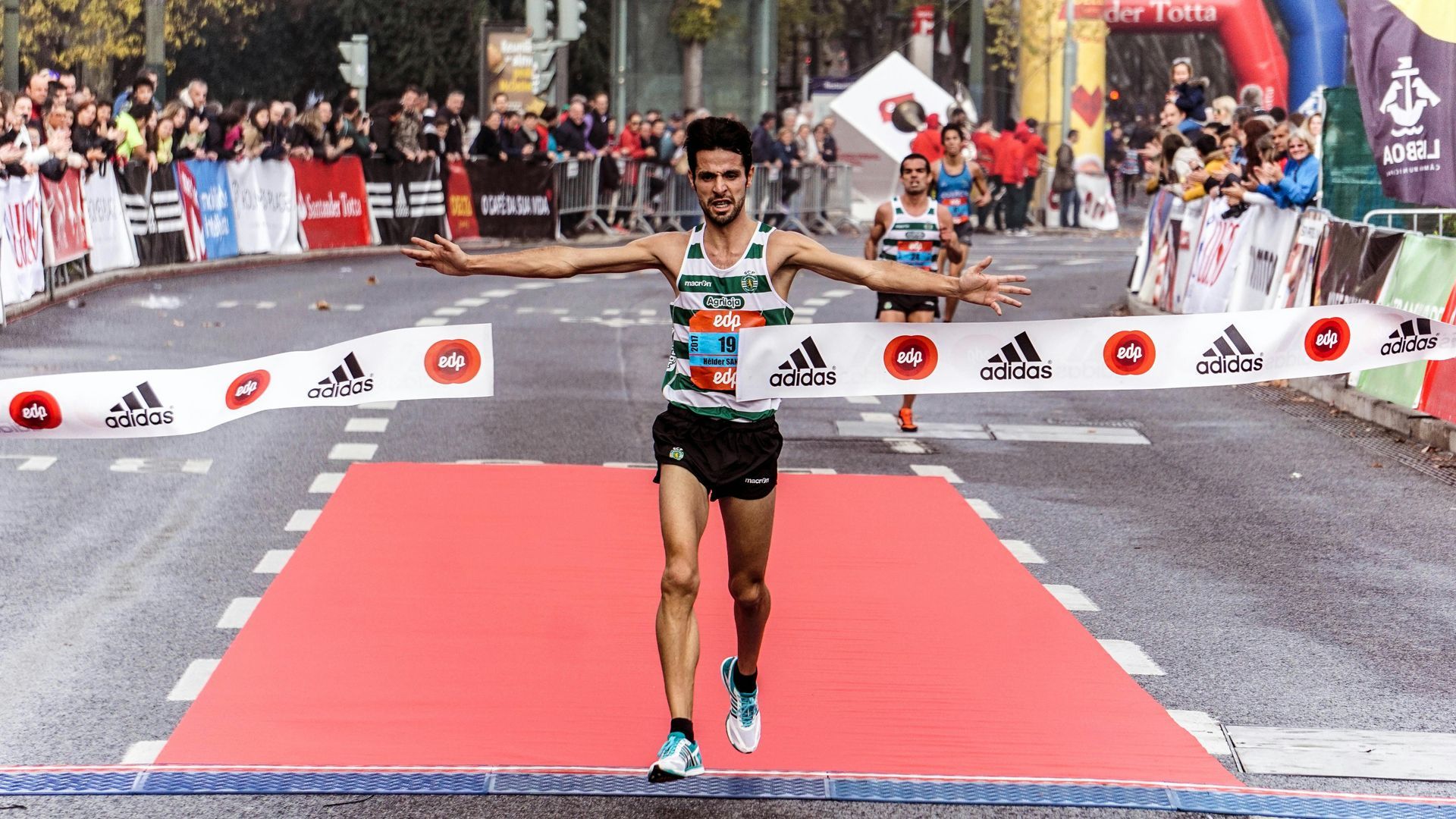
The United States has long been a destination for the world’s most talented athletes—not only to compete at the highest level, but to access world-class training, coaching opportunities, and long-term career prospects. Whether on the field, in the ring, or across the chessboard, athletes from across the globe are finding immigration pathways that allow them to pursue their athletic and professional goals in the U.S. U.S. immigration law offers several visa and green card options designed specifically for individuals with extraordinary athletic talent. These include the P-1A visa for internationally recognized athletes, the O-1A visa for individuals of extraordinary ability, and the EB-1A immigrant petition, which can lead to permanent residency and ultimately, U.S. citizenship. The P-1A visa is commonly used by professional athletes coming to the U.S. to compete in a specific event or season. This applies not only to individual athletes but also to members of teams or clubs recognized internationally. It is widely used by soccer players, basketball players, MMA fighters, Brazilian Jiu-Jitsu competitors, and even elite chess players. Athletes must demonstrate a high level of international recognition and a record of performance in their sport. The O-1A visa is a strong option for coaches who demonstrate extraordinary ability, typically evidenced by championship titles, sustained winning records, or recognition as integral to their team’s success. To qualify, a coach must establish that their expertise places them among the small percentage of top professionals in their field. For athletes seeking permanent status in the U.S., the EB-1A immigrant petition —often referred to as the “extraordinary ability green card”—provides a direct path to lawful permanent residency. It requires clear documentation that the individual is among the very best in their sport and has achieved sustained national or international success. Unlike other green card categories, the EB-1A does not require employer sponsorship and can be self-petitioned. This has become a common path for MMA world champions, BJJ black belt medalists, Olympic athletes, and chess grandmasters—many of whom now represent the U.S. at the highest levels of international competition. It’s important to note that U.S. immigration law defines “athlete” broadly. Whether you are a professional football player in Europe, a sprinter from the Caribbean, a judoka, a gymnast, or a grandmaster in chess, your achievements may qualify under these categories if they are properly documented and presented. The key is a consistent record of excellence and recognition in your sport on a national or international scale. Our office specializes in these types of immigration matters. Whether you are an individual athlete looking to relocate or an organization seeking to bring international talent to your roster, we offer tailored legal strategies to support your goals. If you are exploring options to compete, train, or build your future in the U.S., we’re here to help you take the next step.
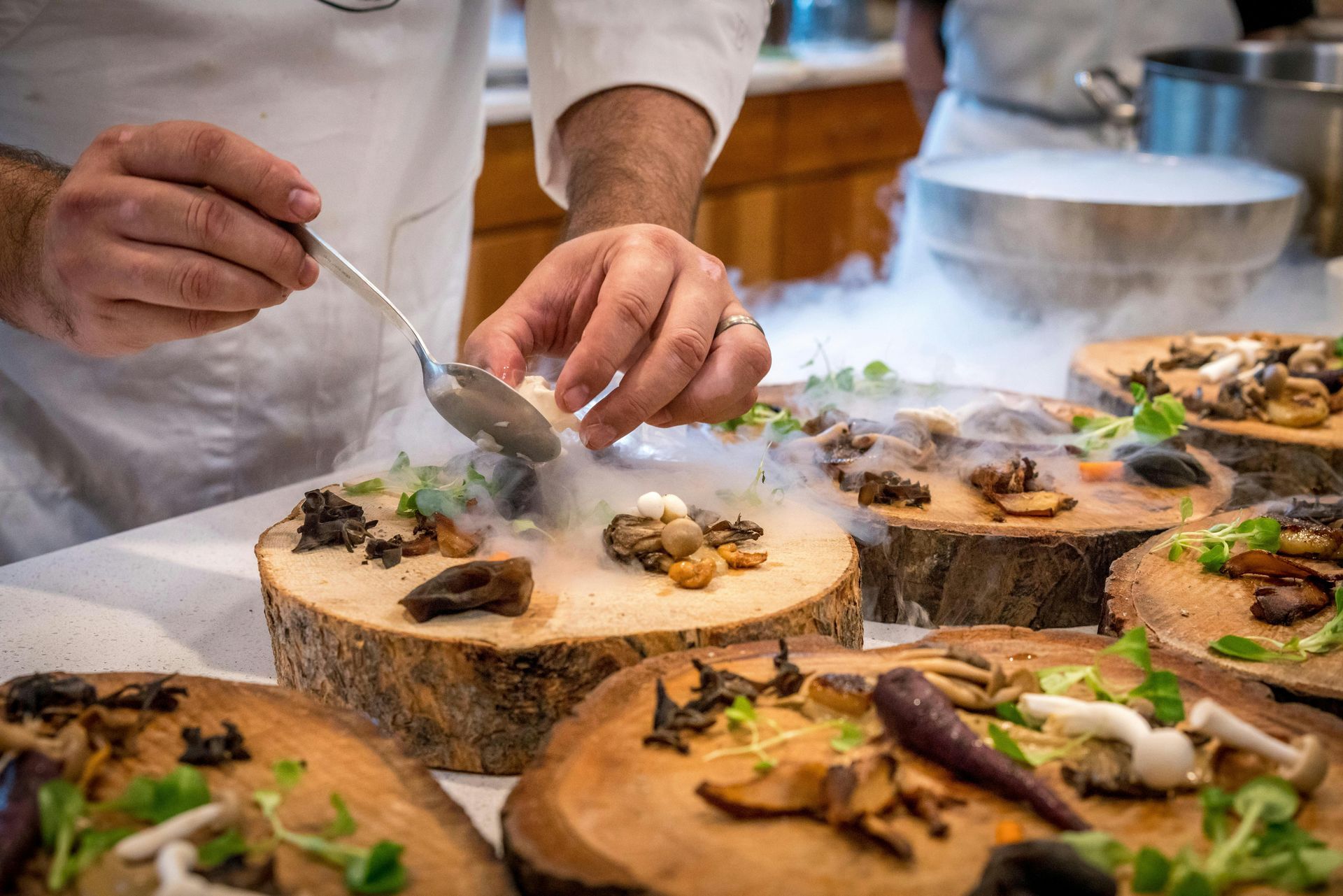
If you’ve ever dreamed of bringing your culinary artistry to the United States —whether as a chef in a high-end kitchen, a pastry artisan designing edible masterpieces, or a baker introducing centuries-old family recipes to American diners—there may be a visa that fits you as well as your favorite apron. In the vibrant world of U.S. immigration, two options shine particularly bright for culinary professionals: the O-1B and the P-3 visa. While many assume these are only for Hollywood stars or folk musicians, the reality is that they’ve opened doors for creative professionals across fields—including those whose medium is flavor. Let’s start with the O-1B visa . This visa is for individuals with “extraordinary ability” in the arts, which USCIS defines as someone who has achieved distinction through national or international acclaim. Think of it as a spotlight on your achievements—whether you’ve been featured in culinary magazines, headlined food festivals, worked in renowned kitchens, or garnered praise from respected critics and chefs. You don’t need a Michelin star (though it doesn’t hurt)—you just need to prove that your skill and reputation put you in a class above the rest. With this visa, you can work in the U.S. for up to three years, with the possibility of extensions if you're still cooking up success. Now, if your passion lies in preserving and sharing your cultural heritage through cuisine, the P-3 visa may be the better fit. Designed for artists and entertainers coming to the U.S. to perform, teach, or coach as part of a “culturally unique” program, the P-3 visa is perfect for chefs trained in traditional methods who want to introduce authentic ethnic flavors to American tables. For example, a Japanese sushi master teaching regional techniques at culinary schools, a French chef recreating the rustic dishes of Provence in a farm-to-table restaurant in California, or an Italian baker bringing regional specialties like Sicilian cassata or Roman maritozzi to a bakery in Brooklyn. According to USCIS, the program must aim to “further the understanding or development of your art form,” and can be commercial or noncommercial in nature. The visa lasts for one year, with extensions available. So why are these options such a win for culinary professionals? For one, they bypass the long timelines and complexities of labor certification. They’re faster, more affordable, and allow your talent—or your tradition—to speak for itself. In an era where Americans are increasingly craving authentic global flavors, having a native expert in the kitchen isn’t just a trend—it’s an experience. And the U.S. immigration system is catching on. At Santos Lloyd Law Firm, we’ve helped countless culinary professionals find the right visa to match their dreams. Whether your story is written in saffron and smoke or flour and sugar, we’re here to help you bring it to life in the United States. Ready to take your career stateside? Contact us to get started—because your next chapter may be just one visa away.



